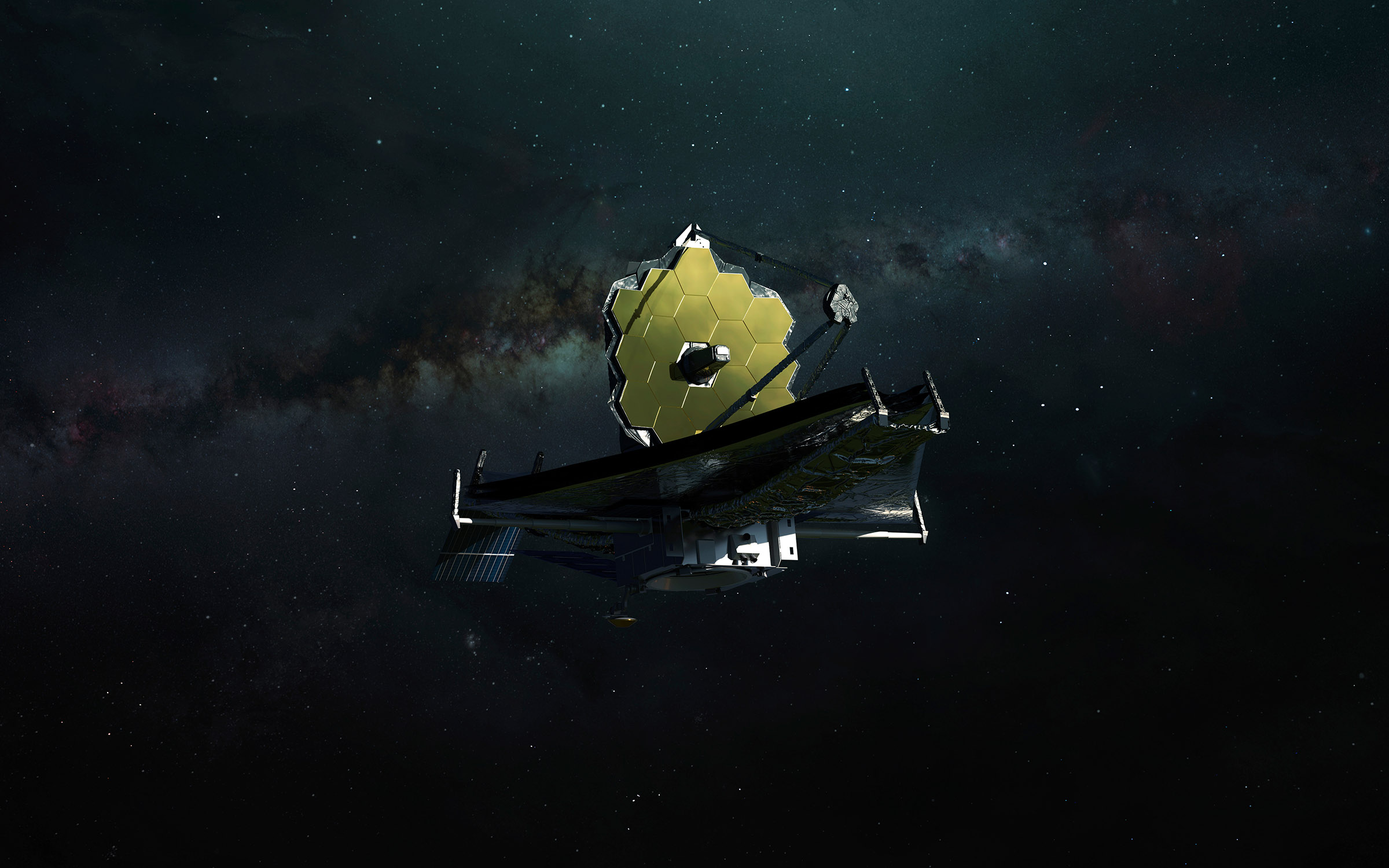A planet just 70 light-years away has garnered quite a bit of attention from scientists. A group of astronomers uncovered the planet using data they picked up from the James Webb Space Telescope. Now, after looking at things more closely, they say that the planet may be a boiling ocean world that is hot enough to cook on.
A paper on the discovery is published in Astronomy & Astrophysics, and it details the discovery of the new planet, which researchers have named TOI-270 d. It’s one of three planets located in the TOI-270 system, and all three orbit a red dwarf star. Scientists have described the planet as a “smaller Neptune” because of its gaseous makeup. Whether or not it looks like Neptune (pictured at the top of the article) is unclear, though.
But what really sets this boiling ocean world apart from other exoplanets we’ve discovered is the chemical composition of its atmosphere. Astronomers say the atmosphere composition appears to showcase what we call a “Hycean world,” which means it has a large ocean and a very hydrogen-rich atmosphere.

Based on the other data that James Webb parsed, astronomers also believe the planet’s oceans are hot enough to boil water, reaching up to 212 degrees Fahrenheit. But the state of this boiling ocean world is up for a bit of a debate.
That’s because some astronomers believe that the data provided by Webb shows a very different composition. Instead of being a hot, ocean-filled planet, some astronomers say that the planet has a rocky surface and is covered by an extremely dense atmosphere of hydrogen and super hot steam.
Whether we’ll ever have a true “win” between these two interpretations is unclear. Perhaps it would require a probe to be sent out to the exoplanet, something that we just aren’t capable of doing yet. No matter what hypothesis you believe, though, both interpretations provide a very interesting planet for scientists to look at further.
The fact that we can even gather enough data to come up with active theories about the makeup of a planet located over 70 light years away is impressive as it is, and the James Webb Space Telescope continues to provide us with interesting information about our universe.








